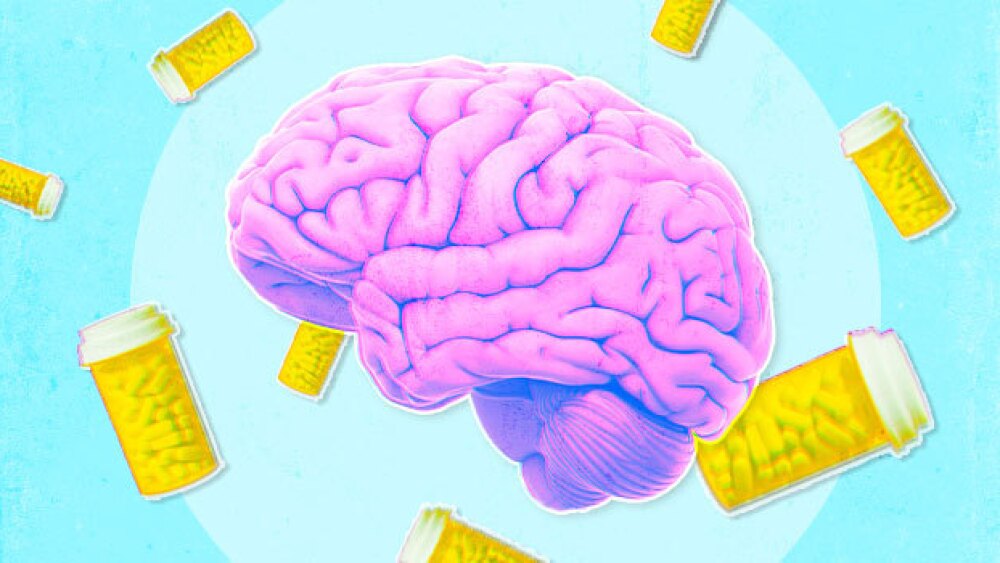To this day, no one knows for certain what caused the liver and kidney disease that led to Ludwig van Beethoven’s untimely death.
Findings published today in the Association for Diagnostics & Laboratory Medicine's (formerly AACC's) Clinical Chemistry journal
WASHINGTON, May 6, 2024 /PRNewswire/ -- To this day, no one knows for certain what caused the liver and kidney disease that led to Ludwig van Beethoven's untimely death. However, a new letter to the editor in the Association for Diagnostics & Laboratory Medicine's (ADLM's, formerly AACC's) journal Clinical Chemistry rules out one popular theory, showing that the composer was exposed to lead levels that were high — but not high enough to kill him.
View the full study here: https://doi.org/10.1093/clinchem/hvae054
Over the course of his lifetime, Beethoven experienced a slew of health problems, including gastrointestinal issues and hearing loss, in addition to the aforementioned liver and kidney disease. High lead levels are commonly associated with all of these conditions — and are also associated with other traits of Beethoven's, such as his infamous temper, memory lapses, and chronic clumsiness. So when researchers analyzed a lock of hair in 2000 that was thought to be Beethoven's and found that it contained extremely high lead levels, the natural conclusion for some was that lead poisoning caused the composer's health issues and death. However, further studies eventually found that that lock of hair belonged to a woman, not Beethoven.
Then in 2023, several locks of Beethoven's hair were authenticated as part of a landmark study that reported the sequencing of the composer's genome. A group of laboratory medicine experts led by Nader Rifai, PhD, of Harvard Medical School, have now performed a toxin analysis on two of these locks, which are known as the Bermann and Halm-Thayer Locks. Rifai's group analyzed the locks for lead using two different versions of a highly accurate testing technique known as mass spectrometry.
What they found was that the Bermann Lock has a lead concentration 64 times the normal amount, while the Halm-Thayer Lock has a lead concentration 95 times greater than the normal amount. From this, the researchers were able to estimate that Beethoven's blood lead concentration would have been 69 to 71 µg/dL. This is several times higher than a normal blood lead level for adults, but not high enough to be considered the sole cause of his death.
"While the concentrations determined are not supportive of the notion that lead exposure caused Beethoven's death, it may have contributed to the documented ailments that plagued him most of his life," said Rifai. "We believe this is an important piece of a complex puzzle and will enable historians, physicians, and scientists to better understand the medical history of the great composer."
About the Association for Diagnostics & Laboratory Medicine (ADLM)
Dedicated to achieving better health through laboratory medicine, ADLM (formerly AACC) brings together more than 70,000 clinical laboratory professionals, physicians, research scientists, and business leaders from around the world focused on clinical chemistry, molecular diagnostics, mass spectrometry, translational medicine, lab management, and other areas of progressing laboratory science. Since 1948, ADLM has worked to advance the common interests of the field, providing programs that advance scientific collaboration, knowledge, expertise, and innovation. For more information, visit www.myadlm.org.
Clinical Chemistry (clinchem.org) is the leading international journal of laboratory medicine, featuring nearly 400 peer-reviewed studies every year that help patients get accurate diagnoses and essential care. This vital research is advancing areas of healthcare ranging from genetic testing and drug monitoring to pediatrics and appropriate test utilization.
Christine DeLong
ADLM
Associate Director, Communications & PR
(p) 202.835.8722
cdelong@myadlm.org
Molly Polen
ADLM
Senior Director, Communications & PR
(p) 202.420.7612
(c) 703.598.0472
mpolen@myadlm.org
![]() View original content to download multimedia:https://www.prnewswire.com/news-releases/new-research-confirms-that-beethoven-had-lead-poisoning--but-it-didnt-kill-him-302137335.html
View original content to download multimedia:https://www.prnewswire.com/news-releases/new-research-confirms-that-beethoven-had-lead-poisoning--but-it-didnt-kill-him-302137335.html
SOURCE Association for Diagnostics & Laboratory Medicine (ADLM)





